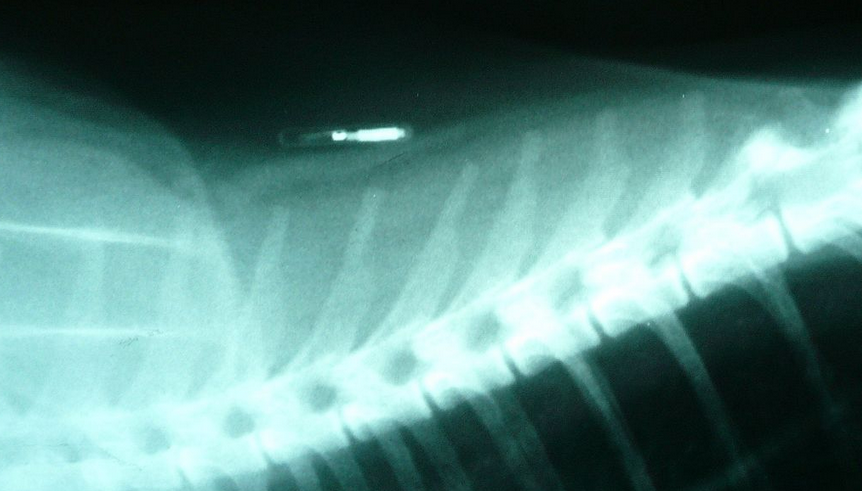March 8, 2016
BURLINGTON, ON
The City of Burlington Animal Shelter invites all cat and dog owners to attend its low-cost microchip clinic on Saturday, April 2 from 10 a.m. to 2 p.m. at the Burlington Animal Shelter, 2424 Industrial St.
“The last thing any pet owner wants to experience is the stress that comes with trying to find a missing animal,” said Dave Lake, the city’s supervisor of animal services. “In addition to a dog licence, a microchip is an easy, inexpensive way to ensure owners can be quickly reunited with their pet if they are ever separated.”
The cost for a microchip is $30 per pet and only cash will be accepted. Visitors to the clinic can expect a quick and minor procedure. Dogs attending the clinic should be brought on a leash and cats placed in a carrier. The City of Burlington’s bylaws require cats to be microchipped.
Appointments for the clinic can be reserved by calling 905-335-3030. Walk-ins are also welcomed. Pet owners are asked to bring proof of up-to-date vaccinations.
All proceeds from the event will go to the Paw Fund in support of stray animals.
How do they work?
Microchips can be implanted by a veterinarian or at a shelter. After checking that the animal does not already have a chip, the vet or technician injects the chip with a syringe and records the chip’s unique ID. No anesthetic is required. A test scan ensures correct operation.
An enrollment form is completed with chip ID, owner contact information, pet name and description, shelter and/or veterinarian contact information, and an alternate emergency contact designated by the pet owner. Some shelters and vets designate themselves as the primary contact to remain informed about possible problems with the animals they place. The form is sent to a registry, who may be the chip manufacturer, distributor or an independent entity; some countries have a single official national database. For a fee, the registry typically provides 24-hour, toll-free telephone service for the life of the pet. Some veterinarians leave registration to the owner, usually done online, but a chip without current contact information is essentially useless.
The owner receives a registration certificate with the chip ID and recovery service contact information. The information can also be imprinted on a collar tag worn by the animal. Like an automobile title, the certificate serves as proof of ownership and is transferred with the animal when it is sold or traded; an animal without a certificate could be stolen.
Did you know?
That you must have a microchip put in your cat? In 2005 the city passed a bylaw:
Control and Registration of Cats
30. (1) No person, being the owner of any cat shall fail to have the cat implanted with a functioning subcutaneous microchip.

















